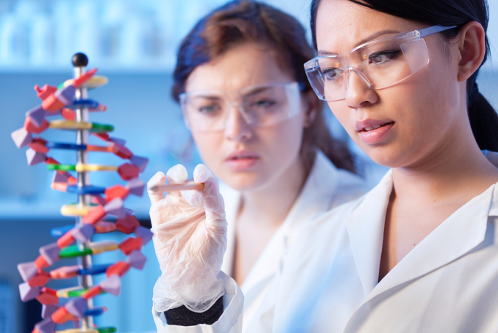Six years after the work on bacterial genome synthesis by scientist, Craig Venter,the Science journal unveiled the contents of the “human genome project-write” on 2 June 2016.
The key aims are to produce: “A complete human genome” by deciding on “sequencing”. The scientists promoting this project are considering “the production of cell lines resistant to viruses or cancer, the creation of human organs for transplantation, vaccine production or even the development of medicinal products using human cells”.
The arguments put forward and the usefulness of this project are still subject to debate considering the billion dollar finance investment required. Many scientists like Dr. Laurent Alexandre are concerned about possible spin-offs and technical problems: “We are learning to create life chemically,” he explained. He focused on the experimental side, which is not without risk at such an advanced stage in research: “This will also allow new types of genomes to be fully tested, the addition of genes that do not even exist in humans and the creation of babies without parents”.
The need to create a rigid ethical framework is therefore understandable in order to set clear limits to prevent spin-offs from this project.
Finally, Dr. Laurent Alexandre points a finger at the controversial professional and human conscience of transhumanists, alerting public opinion. It “does not gauge the enormity of the ethical problems facing us over the next 25 years. We need to reflect carefully before creating babies with no parents… “
Pourquoi Docteur (Marion Guérin) 06/06/2016
Alliance VITA, 03/06/2016

